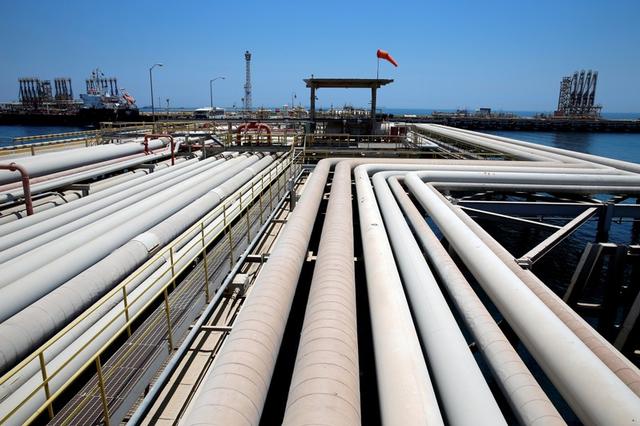Oil down after U.S. crude inventories rise against expectations
Share
Oil prices fell on Wednesday after an industry group reported a surprise rise in U.S. crude, adding to worries about demand that led to a steep selloff earlier in the week.
SEE ALSO: Three Bank CEOs Quit NESG Board Over Stance On CBN’s Economic Intervention
Brent crude was trading down 30 cents or 0.7 per cent at $41.42 a barrel by 0347 GMT, after gaining 28 cents on Tuesday while U.S. crude dropped 34 cents or 0.9 per cent to $39.46.
Both contracts fell more than four per cent on Monday, the most in two weeks.
Surging cases of coronavirus infections in countries including France and Spain, along with the likelihood of more restrictions in Britain have renewed worries about fuel demand, just as more supply may come onto the market from Libya.
In the U.S., where the death toll from COVID-19 has passed 200,000, the world’s highest, crude oil inventories rose by 691,000 barrels in the week to Sept. 18, according to industry data, compared with analysts’ forecasts for a drop of 2.3 million barrels.
Gasoline stocks fell by nearly 7.7 million barrels, nearly eight times expectations suggesting some demand for fuel in the world’s biggest oil consuming nation.
Official data from the Energy Information Administration is due out later on Wednesday.
“Official U.S. crude inventory data assumes greater than usual importance,’’ said Jeffrey Halley, senior market analyst at OANDA.
“A surprise increase could well be enough to initiate another downward leg in crude prices.’’
In Libya, the National Oil Company expects oil output to rise to more than a quarter of a million barrels per day (bpd) by next week, it said on Tuesday.
The NOC said it was restarting exports from the Zueitinia oil terminal after checking the security situation at the port and fields that pipe crude there.
An escalation in the country’s conflict led to a blockade of facilities, which is now easing, although analysts say they don’t expect Libya to reach the 1.2 million bpd of production it was pumping previously.
This year, “world oil demand will be down by more than 10 per cent on the year to around 90 million barrels per day (bpd) due to the COVID-19 crisis,’’ Eurasia Group said in a note.
“This will mark the biggest demand shock in industry history,’’ it said.




















